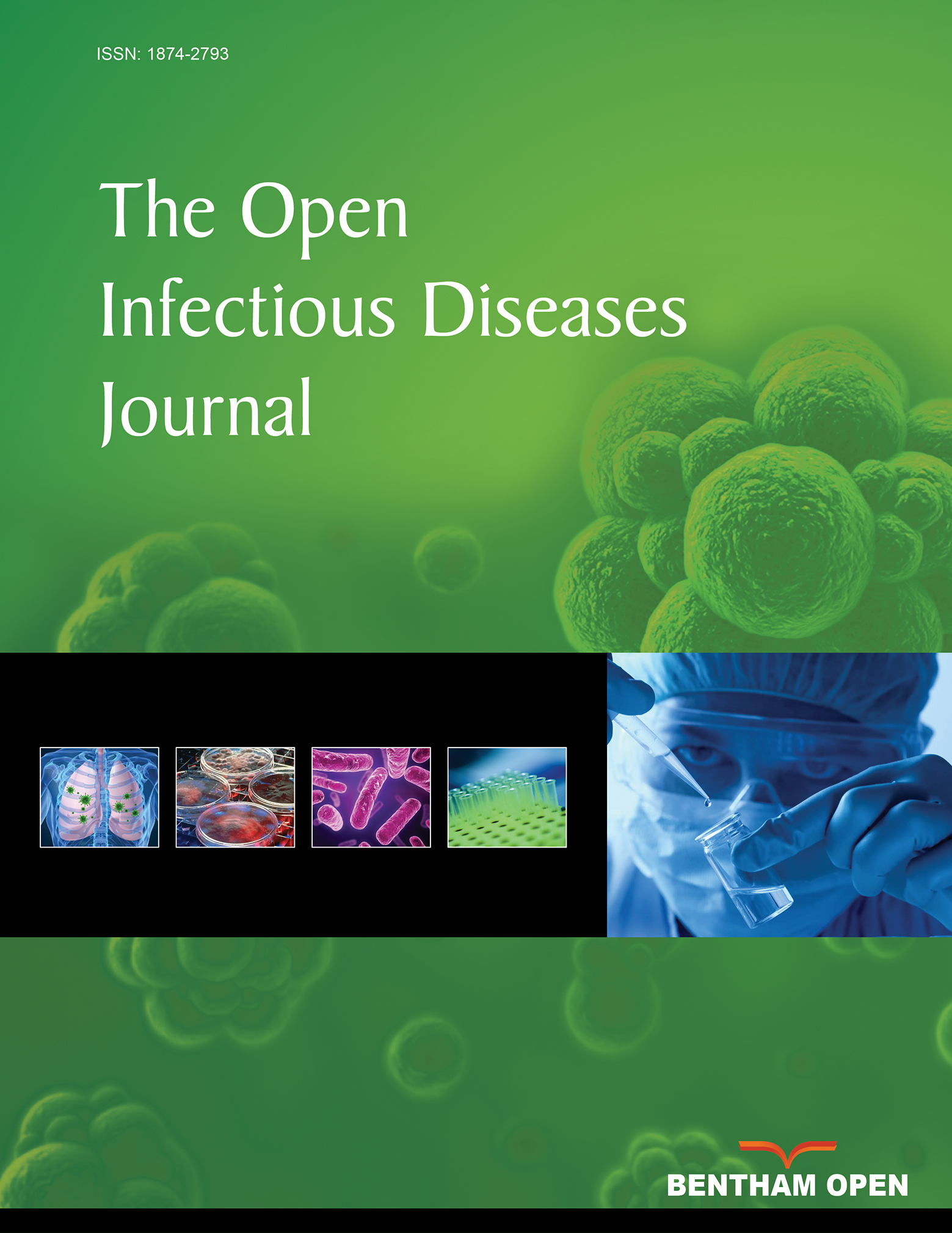All published articles of this journal are available on ScienceDirect.
Immunomodulation by the Female Sex Hormones
Abstract
Pregnancy is a highly regulated process, requiring strict control of the immune system in order to prevent rejection of the semiallogenic foetus. One aspect of pregnancy immunology that has been of great interest is the influence of female sex and pregnancy associated hormones, such as progesterone and oestrogen, on cells of the immune system.
This review evaluates studies investigating the ability of these hormones to modulate the function of cells of both the innate and adaptive arms of the immune system and mechanisms by which immunity to infection can be altered due to increased levels of progesterone and oestrogen. Finally, the influence of pregnancy on the most common autoimmune diseases, on toxoplasmosis and on malaria is reviewed.


